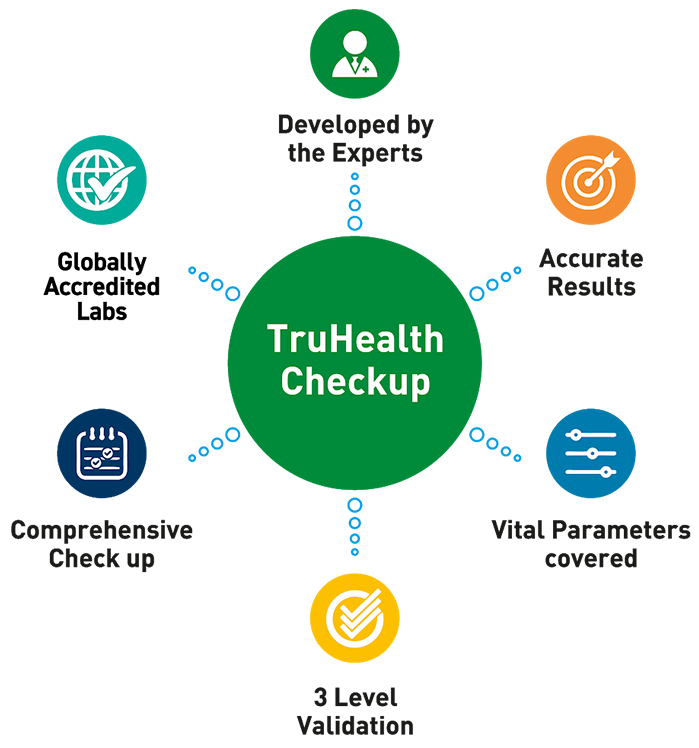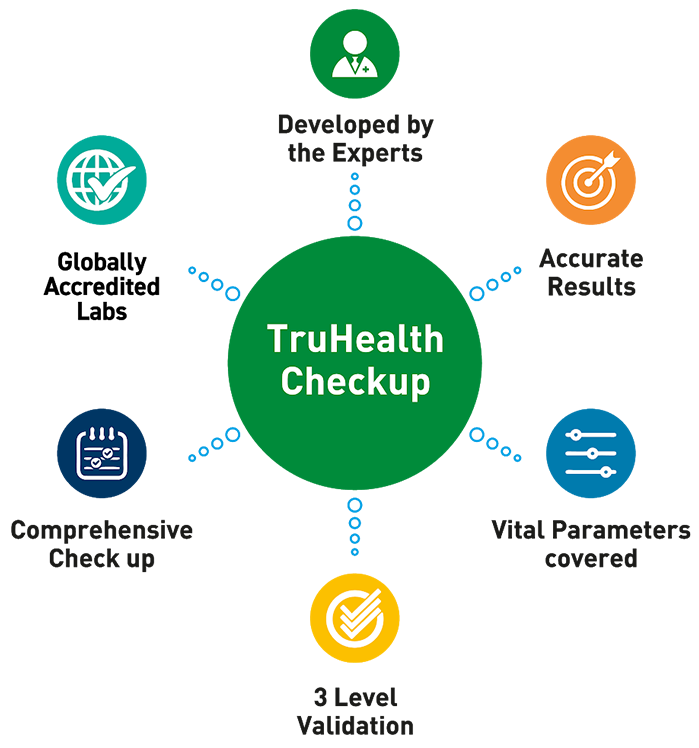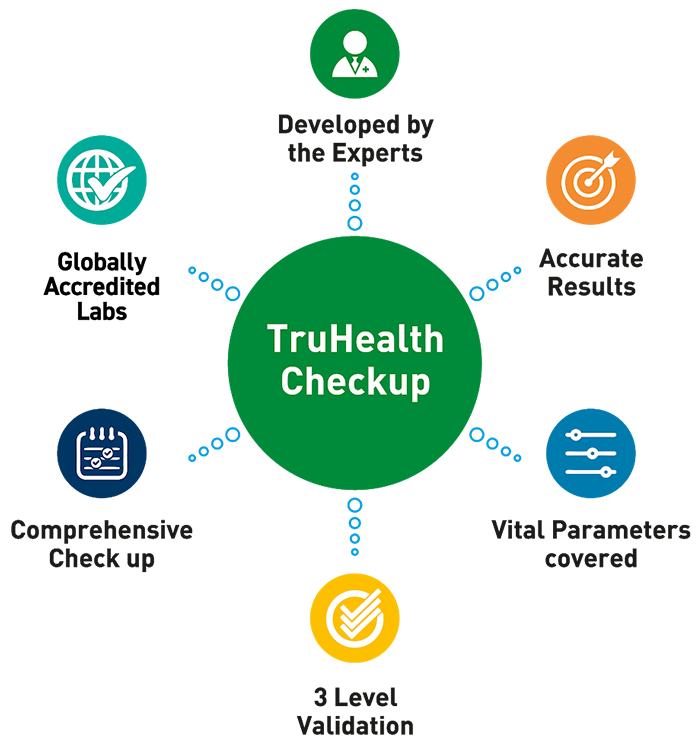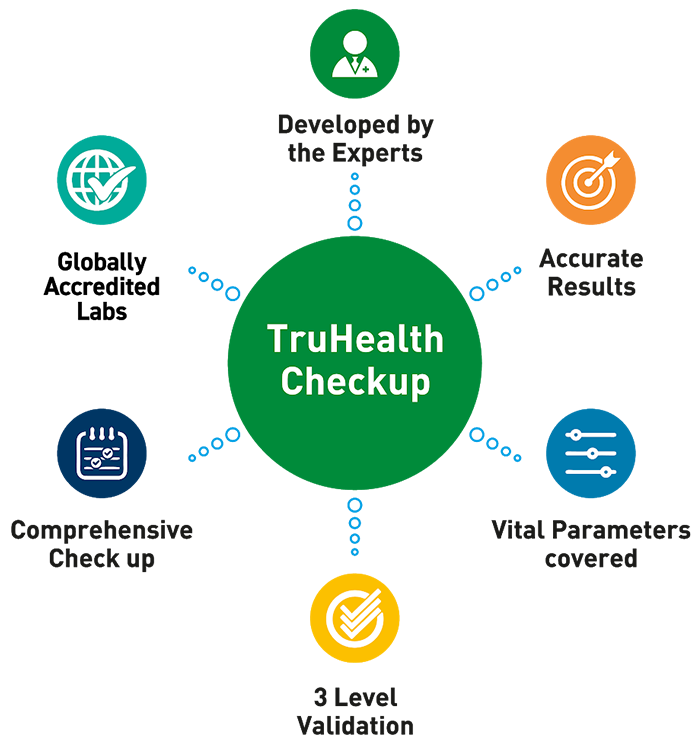Preventive Healthcare
What You Need to Know About Goiter
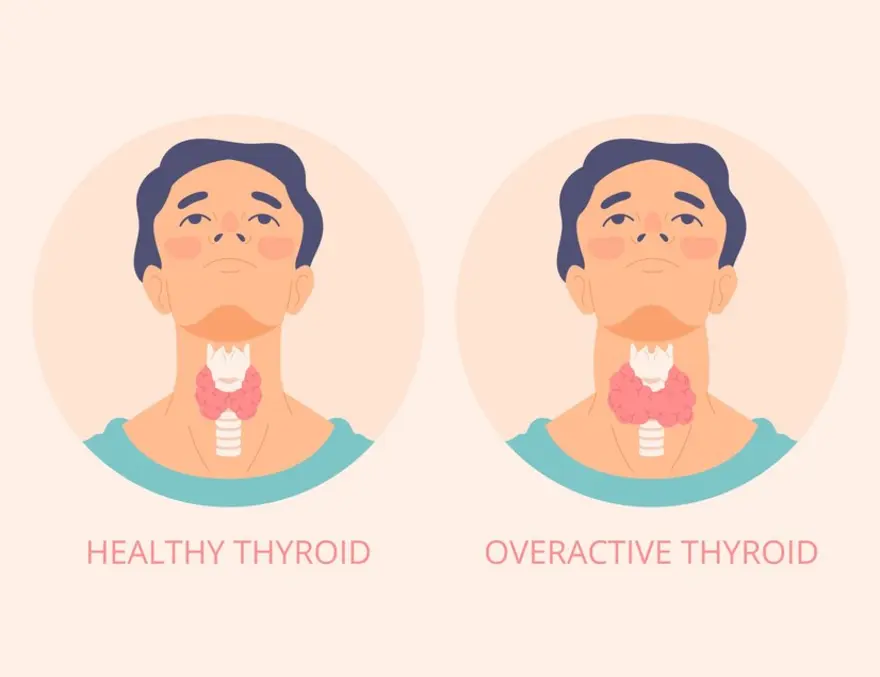
Table of Contents
You might have heard of the condition goiter, but do you know exactly what it is, and how it affects you? Goiter is visible as a swelling in the neck. It can be a sign of an underlying thyroid condition, such as hypothyroidism or iodine deficiency. While usually not painful, a large goiter can cause several symptoms that make daily activities difficult. Fortunately, goiter is often preventable. In this article, we'll explore the causes, symptoms, and treatments for goiter, as well as important steps on how to prevent goiter. Let's dive in!
What Is a Goiter?
A goiter is an abnormal swelling or enlargement of your thyroid gland, a butterfly-shaped organ located in your neck. You may notice a visible lump or bulge in the front of your neck when you have a goiter. It can feel uncomfortable or tight, especially when you swallow or breathe.
What Are the Types of Goiter?
There are several goiter types, each with its causes and characteristics that may affect you differently.
- Simple or Colloid Goiter: This is one of the most common goiter types, often caused by iodine deficiency. Your thyroid enlarges as it tries to produce more hormones, resulting in a smooth, symmetrical swelling in your neck.
- Multinodular Goiter: In this type, multiple nodules or lumps develop within the thyroid gland, causing irregular swelling. These nodules may be benign (non-cancerous) or, rarely, cancerous.
- Toxic Goiter: Also known as toxic nodular goiter or toxic multinodular goiter, this type involves nodules that produce excess thyroid hormones.
- Graves' Disease: An autoimmune condition where your immune system mistakenly attacks your thyroid gland, causing it to produce too much hormone. Graves' disease can result in diffuse enlargement of the thyroid gland and is often associated with other symptoms like bulging eyes (exophthalmos).
- Subacute Thyroiditis: This type typically follows a viral infection and causes temporary thyroid gland inflammation, leading to neck pain and swelling.
Who Does Goiter Affect?
Goiter can affect anyone, but certain factors may increase your risk. If you have a family history of thyroid disorders, iodine deficiency in your diet, or live in an area with low iodine levels in the soil, you may be more likely to develop goiter. Women are also at higher risk, especially during pregnancy or menopause.
What Are the Symptoms of Goiter?
Goiter symptoms can vary widely, and in some cases, you may not even notice any symptoms. However, as the condition progresses, you may experience goiter symptoms like:
- A visible swelling or lump in your neck may be more noticeable when you swallow or look in the mirror.
- A feeling of tightness or pressure in your neck, which can sometimes make it difficult to swallow or breathe.
- Persistent coughing or hoarseness can occur when the goiter puts pressure on your windpipe or oesophagus.
- Trouble swallowing solid foods.
- Difficulty breathing, particularly when lying down.
What Causes Goiter?
Given below are major goiter causes:
- Your thyroid needs iodine to produce hormones. Without enough iodine in your diet, your thyroid enlarges in an attempt to compensate, leading to a goiter.
- As mentioned before, sometimes your immune system mistakenly attacks your thyroid gland, causing inflammation and swelling, known as Hashimoto's thyroiditis. This autoimmune condition is one of the common goiter causes.
- Certain medications, such as lithium and amiodarone, can disrupt thyroid function and contribute to goiter development.
- Nodules or lumps in the thyroid gland can cause goiter, either individually or as part of a condition called toxic nodular goiter.
- In some cases, genetic factors can predispose you to develop goiter.
How Is Goiter Diagnosed?
Here's what you can expect during goiter diagnosis:
- Your doctor will start by examining your neck for any visible swelling or lumps. They may also check for signs of thyroid dysfunction, such as changes in heart rate or reflexes.
- You'll be asked about your symptoms, medical history, and any family history of thyroid disorders.
- Blood tests, including thyroid-stimulating hormone (TSH) and thyroid hormone levels (T3 and T4), can assess your thyroid function. Abnormal levels may indicate thyroid dysfunction associated with goiter.
- Your doctor may order imaging tests such as ultrasound, CT scan, or MRI to visualize the size and structure of your thyroid gland. These tests can also help identify any nodules or abnormalities.
- If nodules are detected, your doctor may recommend a biopsy to determine if they are cancerous or benign. During a biopsy, a small sample of tissue is collected from the thyroid gland for examination under a microscope.
- In some cases, a radioactive iodine uptake test may be performed to assess thyroid function and detect any nodules that absorb too much or too little iodine.
Do Goiters Ao away on Their Own?
Goiters caused by iodine deficiency may shrink with iodine supplementation. However, other types of goiters, such as those due to autoimmune thyroiditis or nodules, typically do not resolve on their own.
How Is Goiter Treated?
Given below are common goiter treatment options:
- If you have goiter hypothyroidism, your doctor may prescribe levothyroxine to supplement your thyroid hormone levels. This can help shrink the goiter and alleviate symptoms.
- If your goiter is due to iodine deficiency, your doctor may recommend iodine supplements or encourage you to consume more iodine-rich foods.
- For goiters associated with Hashimoto's thyroiditis, thyroid hormone replacement therapy can help reduce inflammation and shrink the goiter.
- Radioactive iodine therapy is used for toxic nodular goiter treatment or Graves' disease. Radioactive iodine is taken orally, and it destroys the overactive thyroid cells, reducing the size of the goiter.
- If your goiter is large, causing difficulty breathing or swallowing, or if it's cancerous, goiter surgery to remove part or all of the thyroid gland may be necessary (thyroidectomy).
How Can I Prevent Goiter?
To prevent goiter, ensure you consume enough iodine-rich foods like seafood, dairy products, and iodized salt. If you live in an area with iodine deficiency, consider using iodine supplements. Maintain a balanced diet and avoid excessive intake of goitrogenic foods like cabbage and soy, which can interfere with thyroid function
What Is the Outlook for Goiter?
The outlook for goiter depends on its cause and severity. In many cases, with proper treatment and management, Goiters can be effectively controlled, and symptoms can be relieved. However, severe forms of goiter (caused by autoimmune conditions) may require long-term monitoring and treatment.
Conclusion
In conclusion, understanding goiter, why it happens, its symptoms, and treatment options helps you to take proactive steps for your thyroid health. By maintaining a balanced diet, monitoring iodine intake, and seeking timely medical care, you can effectively manage Goiter. If you have visible symptoms of goiter, consult a doctor promptly and get a quick blood test done at the comfort of your home with Metropolis Healthcare to accurately know your thyroid hormone levels. Metropolis Healthcare strives to provide best-in-class diagnostic services at prices that are unmatched anywhere else. So hurry up and book your test today!
















